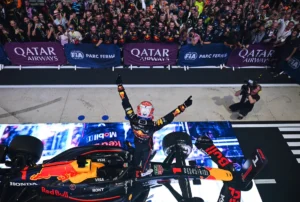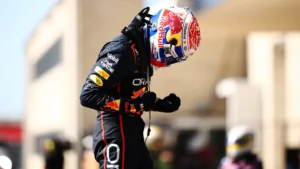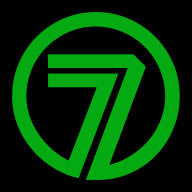Whether you’re new to the fast-paced world of Formula 1, or simply need a refresher ahead of the 2023 season, here’s everything you need to know about the pinnacle of motorsport this year.
THE 2023 GRID IS COMPLETE! ✅
Bring on the season, we're ready! 💪#F1 pic.twitter.com/FdT15YF7M2
— Formula 1 (@F1) February 16, 2023
When does pre-season testing take place?
Unlike last year, there is only one pre-season test before the 2023 season. That runs over three days from Thursday, February 23 until Saturday, February 25 at the Bahrain International Circuit, just outside of Sakhir.
Our schedule for pre-season testing in Bahrain next week is confirmed 🇧🇭#HaasF1 pic.twitter.com/G6sXftQapW
— MoneyGram Haas F1 Team (@HaasF1Team) February 17, 2023
What times do the sessions take place?
Pre-season testing will take place in a slightly altered format, with an extra 30 minutes a day due to each session being lengthened by 15 minutes.
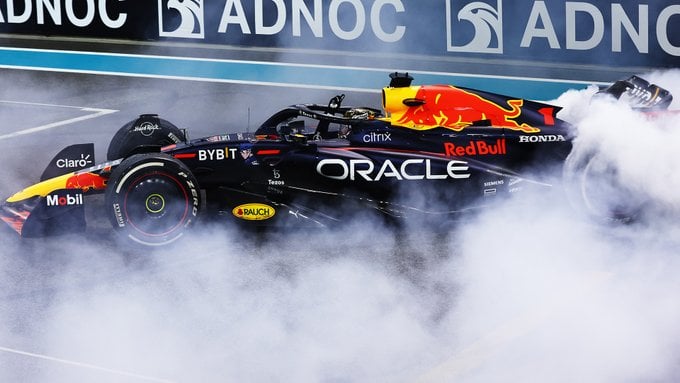
Overall, though, the format is roughly similar to what came before with a 4hr15min first session and a 4hr15min afternoon/evening session with an hour lunch in between. With the final session taking place in the evening, the cars will be running under lights as will be the case in the Bahrain Grand Prix itself.
The exact timings for each of those on each day are below:
Morning session: 7am-11.15am GMT
Lunch: 11.15am until 12.15pm
Afternoon session: 12.15pm until 4.30pm
Unlike in usual race weekends, each team will run just one car each day. Sometimes they choose to have one driver in for a full day, other teams split the duties, with one driver in for one session and the other in for the second. With just three days of track time before the season begins, we may well see a lot of swapping.
When is the first Grand Prix race of 2023?
The first grand prix of the 2023 season is also at the Bahrain International Circuit, running from Friday 3 until Sunday 5 March.
23 Grands Prix and 20 of the world's best drivers – the new Formula 1 season is almost here…
This is no ordinary sport#F1 pic.twitter.com/ITYBsmjJaK
— Formula 1 (@F1) February 17, 2023
How many F1 races will there be in 2023?
There will be 23 races on the calendar this year, starting in Bahrain on March 5 and culminating with the season finale in Abu Dhabi on Nov 26.
What new races are there in 2023?
The brand new Las Vegas Grand Prix will be the penultimate race of the season, a week before Abu Dhabi.
Where and when will the six sprint races be this year?
Formula One has announced the six sprint venues for 2023 with Azerbaijan, Belgium, the Austin race in the United States and Qatar all joining Austria and Brazil in staging qualifying on Friday and a shortened ‘sprint’ race on Saturday.
Three sprint races were held in 2022 – at Imola, Austria and Brazil – with much discussion in the early part of the season about expanding that offering for next year.
The teams and F1 were keen to double the number, arguing that sprint races have been successful in engaging fans and increasing audience sizes. But the FIA, motorsport’s world governing body, initially resisted, claiming that it would cost them more and asking for compensation.
Betting
If you’re ready to bet on Formula 1 picks, you first need to find the right sportsbook. The best Sport Betting Sites offer secure banking, best odds, bonuses, and reliable customer service.
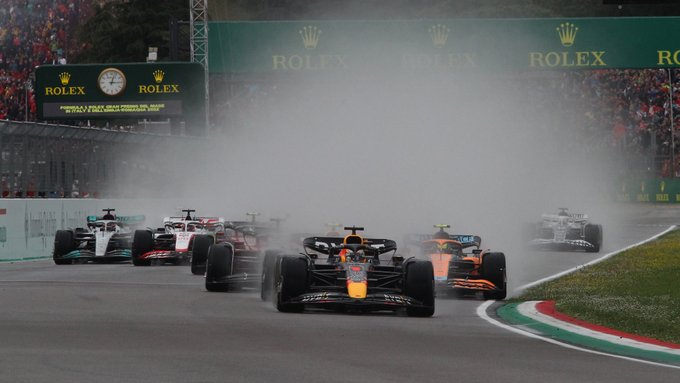
Wet tyres and wet weather aero
Pirelli have made a new, “more performant” wet weather tyre that will be available from the 2023 Emilia Romagna Grand Prix onwards. Crucially, the tyre does not require the use of tyre blankets – and the change of tyre specification has been approved by the F1 Commission.
Work on the wet weather aero package, which was announced, continues, with teams able to work on the package outside their Aerodynamic Testing Restriction (ATR) limits and outside the cost cap. Testing for the new aero kit, which is being constructed to limit water spray, is to take place in Q2 or Q3 of 2023.
Circuit changes
Various circuits will undergo changes for the 2023 season. Saudi Arabia will undergo changes to improve visibility on corner entry while Baku and Miami will be completely resurfaced. At Zandvoort, space between pit stop boxes will increase by 1.5 metres; Qatar will have a new pit building and paddock infrastructure; and DRS zone changes will be made to Bahrain, Jeddah, Melbourne, Baku and Miami.
In Melbourne, there will be a fourth DRS zone.
Sporting, Technical and Financial regulations
There will now be a winter shutdown period for teams and power unit manufacturers along with the existing summer shutdown.
Furthermore, wording has been added to the rules to ensure that shorter races have reduced points even if the race isn’t finished under a suspension.
At events that include a Sprint session, there is a greater allowance for teams to change parts that are easily damaged, allowing teams to do so from qualifying on Friday to the start of the race on Sunday.
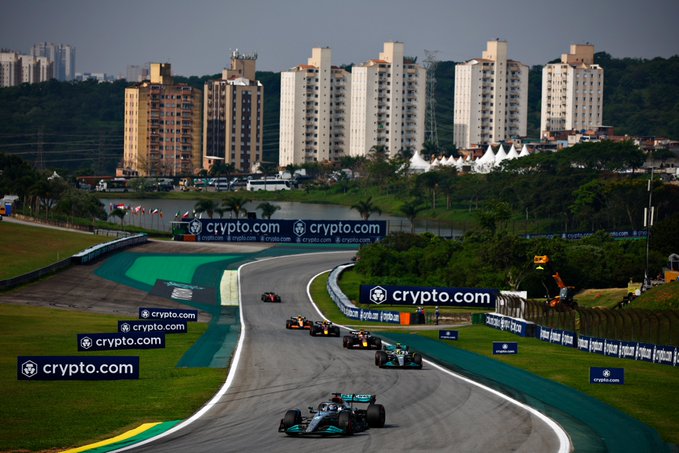
Wording has been added to allow the FIA auditing team easier access to team factories to police the regulations. As for the Cost Cap, the adjustment for teams beyond race 21 has risen from $1.2m to $1.8m per race. The FIA stated that this was done “on the basis that the trend of the additional races being added to the calendar has been towards fly-aways, which are more expensive.”
As usual, the World Motor Sport Council must approve all regulatory changes agreed on by the F1 Commission.

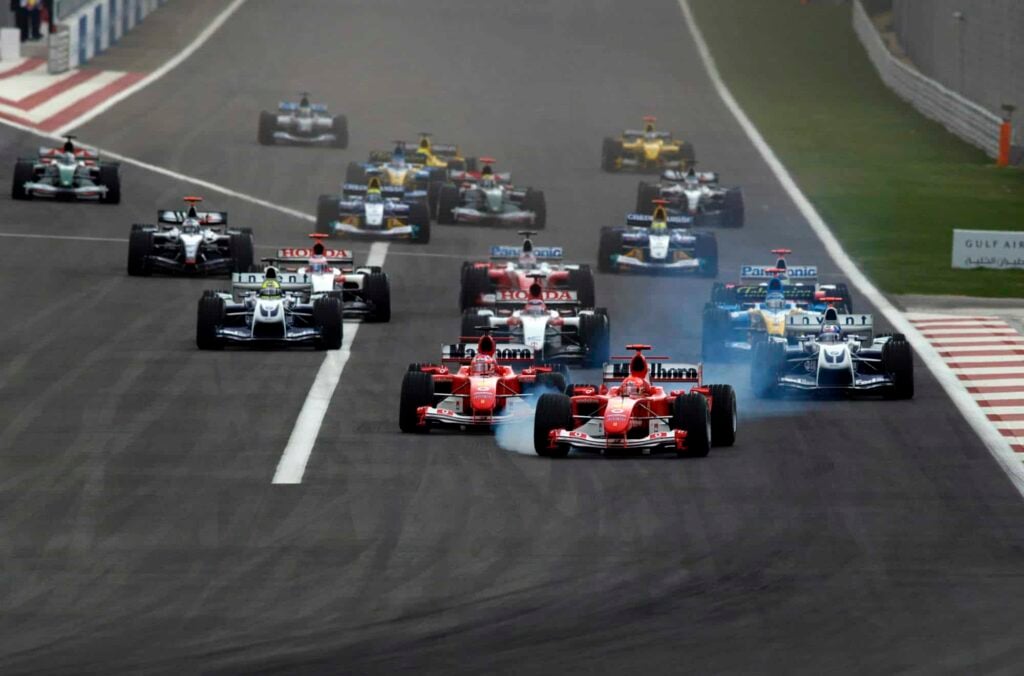
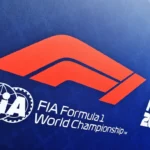 FIA increases F1 budget cap in 2026 amid new regulations
FIA increases F1 budget cap in 2026 amid new regulations  Mercedes 1-2 in Vegas, Verstappen clinches fourth world title
Mercedes 1-2 in Vegas, Verstappen clinches fourth world title 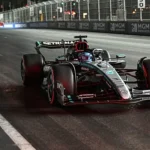 George Russell crushes the competition to grab pole in Vegas
George Russell crushes the competition to grab pole in Vegas 

